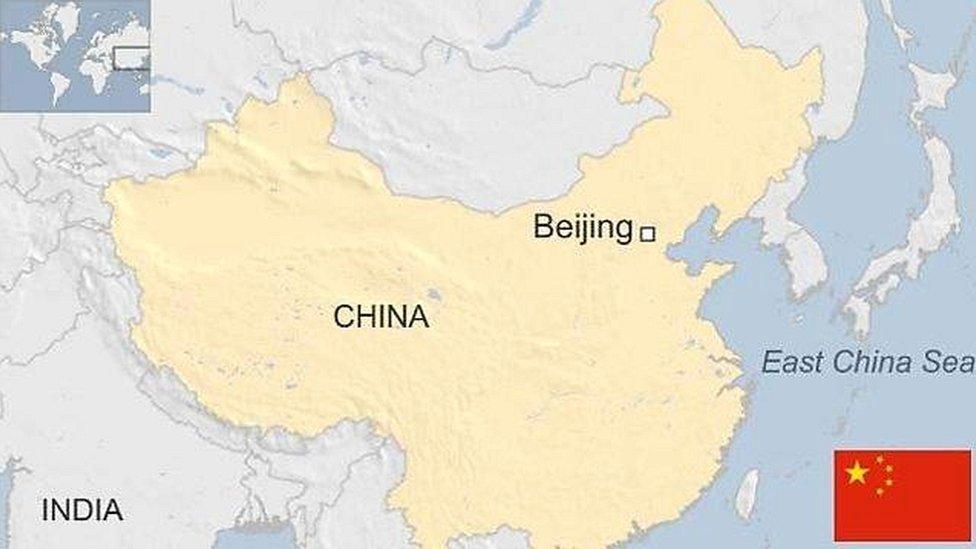China's Premier Wen opens National People's Congress
- Published
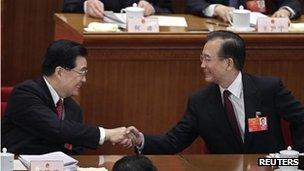
Premier Wen Jiabao, right, and President Hu Jintao at the opening of the 10-day parliamentary session
Premier Wen Jiabao cut China's economic growth target as he opened the last parliament session under the current leadership.
Speaking to some 3,000 delegates at Beijing's Great Hall of the People, Mr Wen addressed land and military issues.
He talked of "property rights" for farmers and said China needed to be able to win "local wars".
This is the last National People's Congress before a leadership transition begins later this year.
The once-in-a-decade transfer of power will begin in October. Vice-President Xi Jinping is widely expected to take over the party leadership from President Hu Jintao.
Behind the scenes of this session senior officials will be jockeying for power, say correspondents, but the Communist party will be determined to keep any divisions within its ruling elite behind closed doors.
'Steady development'
In an address seen as China's "state of the nation" speech, Mr Wen said China had set a 7.5% economic growth target this year - lower than the 8% target of the last eight years.
He said the move aimed to allow changes to the pattern of economic development, making it "more sustainable and efficient".
China also set its inflation target at 4% and pledged to create nine million new jobs in towns and cities.
Mr Wen spoke of boosting domestic consumption, increasing spending on social services and raising incomes of middle and low-income groups, as well as expanding consumer credit.
"We aim to promote steady and robust economic development, keep prices stable, and guard against financial risks by keeping the total money and credit supply at an appropriate level, and taking a cautious and flexible approach," he said.
The premier addressed the issue of land rights - a topic that has become more prominent in recent months following high-profile protests against land seizures for development in the Guangdong village of Wukan.
"Farmers' rights to the land they contract to work on, to the land on which their houses sit and to proceeds from collective undertakings are property rights conferred by law, and these rights must not be violated by anyone," he said.
Security issues were also high on the agenda. Parliament convened a day after China announced a 11.2% increase in its defence spending - pushing it above $100bn (£65bn) for the first time.
"We will enhance the armed forces' capacity to accomplish a wide range of military tasks, the most important of which is to win local wars under information-age conditions," Mr Wen said.
In recent months tensions between China and its neighbours over territorial disputes in the South China Sea have been growing.
An increase of 11.5% in public security spending was also announced, bringing the annual total to $111bn.
This comes amid tension in ethnic Tibetan parts of China and days after an attack in Xinjiang - home to minority Muslim Uighurs - left 20 people dead.
During the meeting, which ends on 14 March, parliament is expected to approve changes to the criminal procedure law which officials say will give suspects more rights - but which activists fear could legalise secret detentions.
- Published5 March 2012
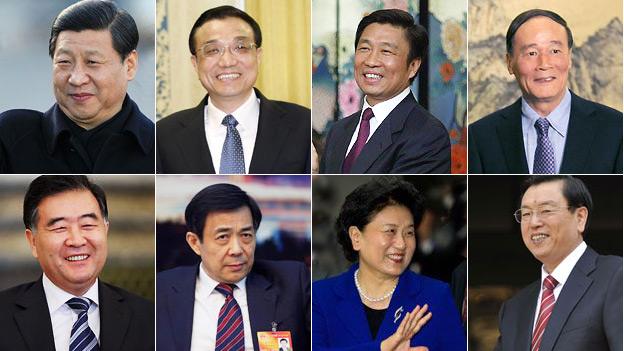
- Published8 October 2012
- Published4 March 2012
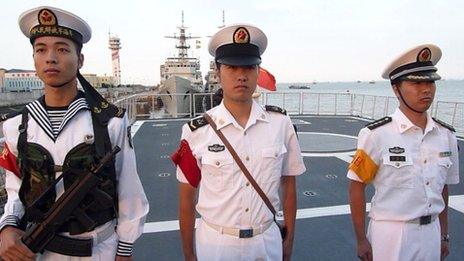
- Published5 March 2012
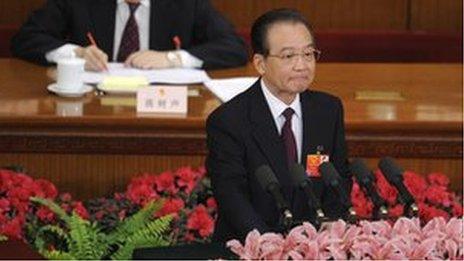
- Published5 March 2012
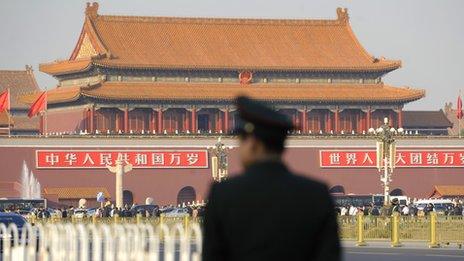
- Published5 March 2012
- Published25 August 2023
